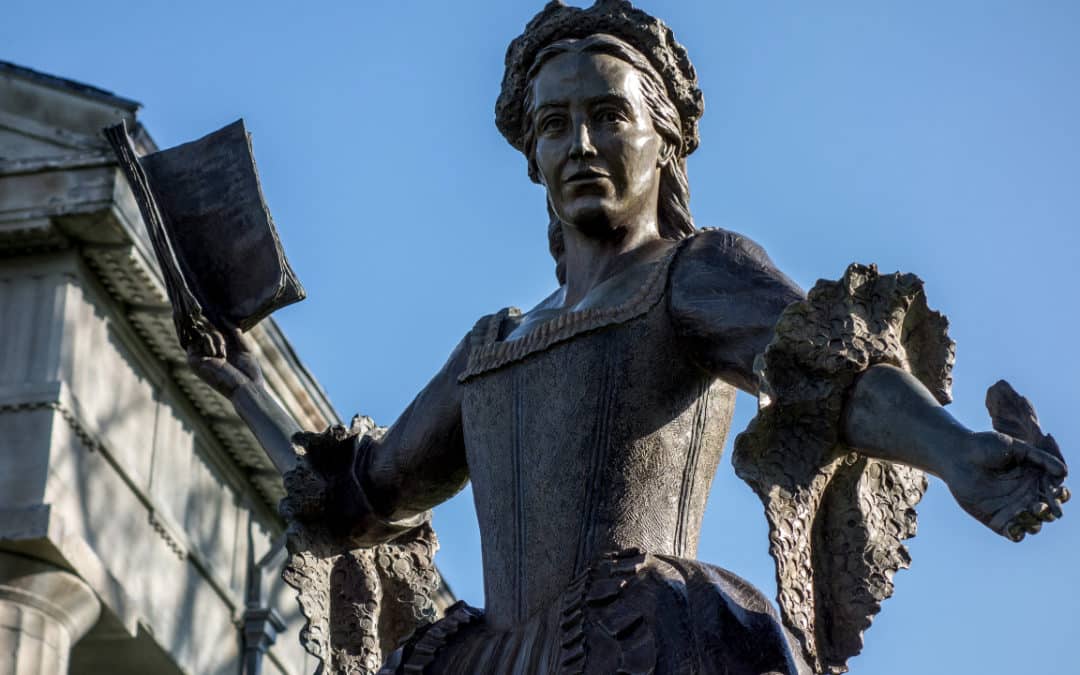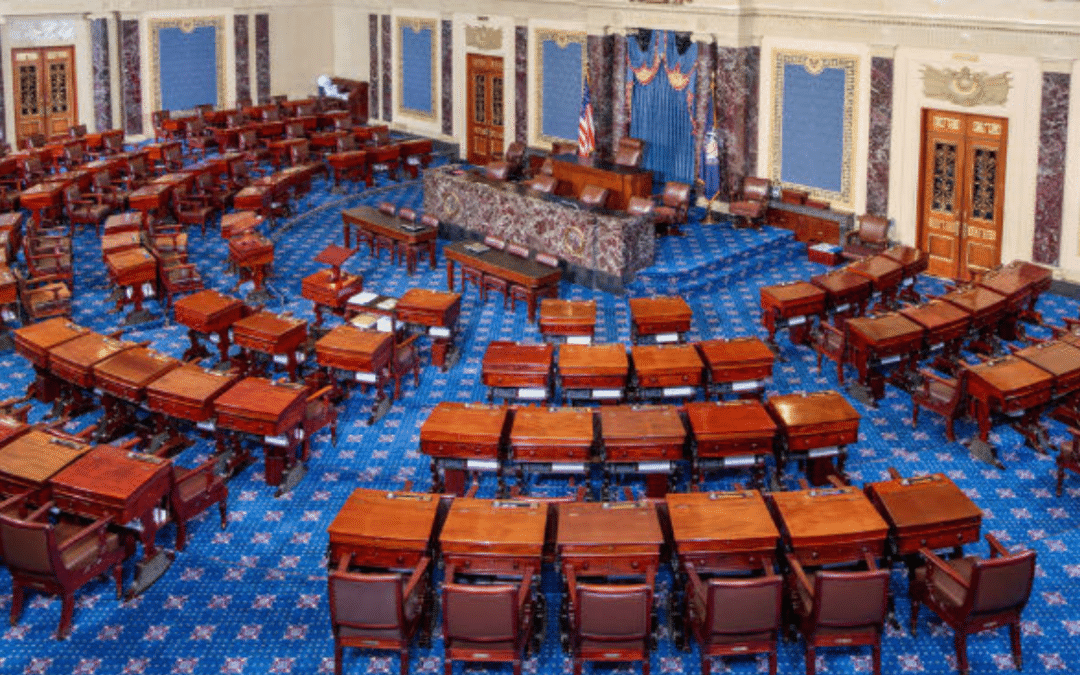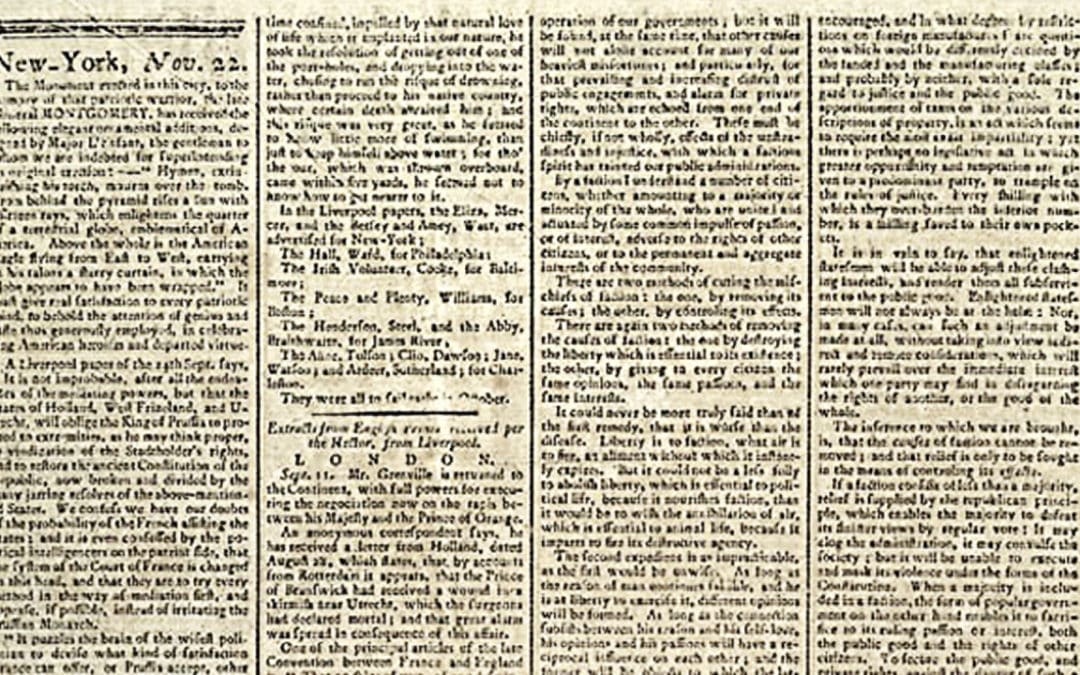
AntiFederalists


Mercy Otis Warren: Constitution Would “Terminate in the Most Uncontrolled Despotism”
Mercy Otis Warren came down firmly opposed to ratification of the Constitution, and her anonymously written pamphlet titled “Observations on the new Constitution, and on the Federal and State Conventions” was highly influential during the ratification debates....
The Senate: More Warnings Ignored?
A permanent aristocracy of sorts – despite federalist assurances to the contrary – with senators mostly serving for life – that’s what many anti-federalists warned we’d get with the structure of the federal Senate. Mercy Otis Warren, for...
Federalist Papers or Anti-Federalist Papers: Which Is the Most Reliable Source for Interpreting the Constitution?
When composing the list of books that incoming freshmen should have read before beginning their studies at the University of Virginia, Thomas Jefferson and James Madison included The Federalist Papers. Their list was compiled in 1825, evidence that The Federalist...
Top Warnings from the Antifederalist Brutus
In his series of essays during the ratification debates, the Anti-federalist writer Brutus repeatedly warned about the dangers of centralized power, predicting the proposed federal government would end up exercising “infinite” and “incomprehensible” power. Like...
